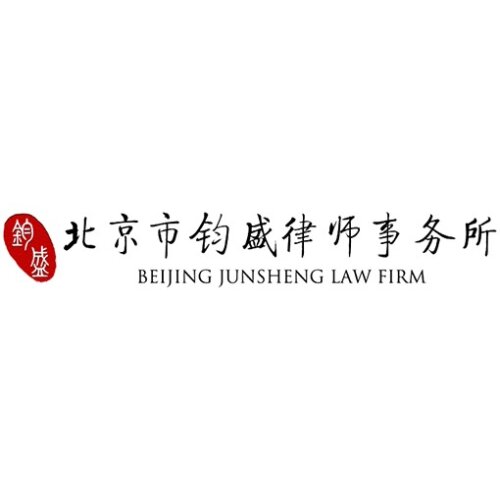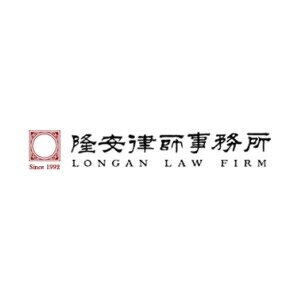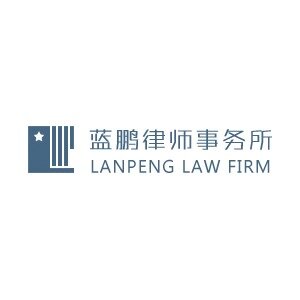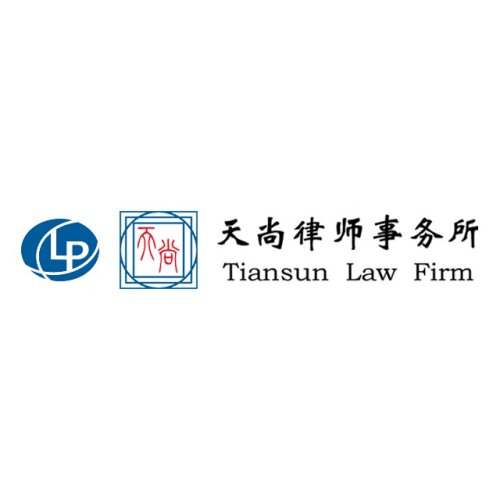Best Arrests & Searches Lawyers in Beijing
Share your needs with us, get contacted by law firms.
Free. Takes 2 min.
List of the best lawyers in Beijing, China
About Arrests & Searches Law in Beijing, China
In Beijing, the laws surrounding arrests and searches are primarily governed by the People's Republic of China's Criminal Procedure Law. This legal framework balances the state's interest in maintaining social order and individuals' rights to privacy and due process. The police and other law enforcement agencies have the authority to arrest individuals under certain circumstances, but such actions must be justified and in compliance with legal procedures. Searches, whether conducted on persons, properties, or vehicles, similarly require adherence to legal standards and typically necessitate a warrant issued by a competent authority, except in specific urgent situations.
Why You May Need a Lawyer
Legal assistance is crucial in navigating arrests and searches due to the complexity and potential consequences involved. Common situations where individuals may require a lawyer include:
- Being detained by the police and needing immediate advice on rights and procedures.
- Contesting the legality of an arrest or search, especially if conducted without a warrant.
- Defending against criminal charges that may arise from an arrest.
- Protecting civil liberties and seeking redress for wrongful arrest or illegal searches.
- Understanding specific legal obligations and entitlements during legal proceedings.
Local Laws Overview
Several key aspects of local laws are particularly relevant to arrests and searches in Beijing:
- Legal Basis for Arrest: An arrest must be based on a reasonable suspicion of involvement in a criminal activity, and authorities are required to present identification and an arrest warrant, except in exigent circumstances.
- Search Procedures: Searches generally require a warrant, which must specify the scope and subject of the search, unless it falls under exceptions like consent or exigency.
- Rights During Detention: Detainees have the right to be informed of the reasons for arrest, to access legal counsel, and to have family members notified.
- Judicial Oversight: The Procuratorate plays a role in supervising the legality of arrests and detentions and reviewing complaints of unlawful conduct by law enforcement.
Frequently Asked Questions
What should I do if I am arrested in Beijing?
Stay calm, do not resist, and ask to contact a lawyer. You have the right to be informed of the charges and to have access to legal counsel.
Can police conduct a search without a warrant in Beijing?
In general, police need a warrant to conduct a search. However, there are exceptions for situations such as when consent is given or if there is an immediate threat to safety.
What are my rights if I am detained by the police?
You have the right to know the reason for your detention, to remain silent, to consult a lawyer, and to have your family informed of your whereabouts.
How long can I be detained without a charge?
Typically, a suspect can be held for up to 24 hours, but this can be extended to 37 days if authorized by the Procuratorate for investigation purposes.
What happens if the police violate my rights during an arrest or search?
You can file a complaint with the Procuratorate or seek legal action for redress if your rights are violated. A lawyer can guide you through this process.
Do I need to speak Mandarin during legal proceedings?
While proceedings are conducted in Mandarin, you have the right to an interpreter if you do not understand the language.
Are there any legal protections for foreigners arrested in Beijing?
Foreigners have rights under Chinese law, including access to their embassy or consulate, and should seek legal advice specific to their situation.
Can evidence obtained from an illegal search be used in court?
Evidence obtained from an illegal search is generally inadmissible in court, though enforcement of this rule may vary, making legal representation important.
What role does the Procuratorate play in arrests and searches?
The Procuratorate supervises the legality of arrests, detentions, and searches and can offer oversight and review complaints.
How can a lawyer help me if I'm wrongfully arrested or searched?
A lawyer can provide legal advice, represent you in court, petition for your release, and seek compensation or remedy for any rights violations.
Additional Resources
A variety of resources are available to assist individuals needing legal advice on arrests and searches in Beijing:
- Ministry of Public Security of the People's Republic of China
- The Beijing Legal Aid Center, which provides free legal services for eligible individuals.
- The Procuratorate, for complaints regarding unlawful arrests or searches.
- Law firms specializing in criminal law within Beijing.
Next Steps
If you need legal assistance regarding arrests and searches in Beijing:
- Contact a reputable attorney with experience in criminal law as soon as possible.
- Gather and document all relevant information about your arrest or search, including dates, times, locations, and involved parties.
- Exercise your right to remain silent until you have spoken with your lawyer.
- Be proactive in communicating your situation to the appropriate consular or legal aid services if applicable.
Lawzana helps you find the best lawyers and law firms in Beijing through a curated and pre-screened list of qualified legal professionals. Our platform offers rankings and detailed profiles of attorneys and law firms, allowing you to compare based on practice areas, including Arrests & Searches, experience, and client feedback.
Each profile includes a description of the firm's areas of practice, client reviews, team members and partners, year of establishment, spoken languages, office locations, contact information, social media presence, and any published articles or resources. Most firms on our platform speak English and are experienced in both local and international legal matters.
Get a quote from top-rated law firms in Beijing, China — quickly, securely, and without unnecessary hassle.
Disclaimer:
The information provided on this page is for general informational purposes only and does not constitute legal advice. While we strive to ensure the accuracy and relevance of the content, legal information may change over time, and interpretations of the law can vary. You should always consult with a qualified legal professional for advice specific to your situation.
We disclaim all liability for actions taken or not taken based on the content of this page. If you believe any information is incorrect or outdated, please contact us, and we will review and update it where appropriate.

















